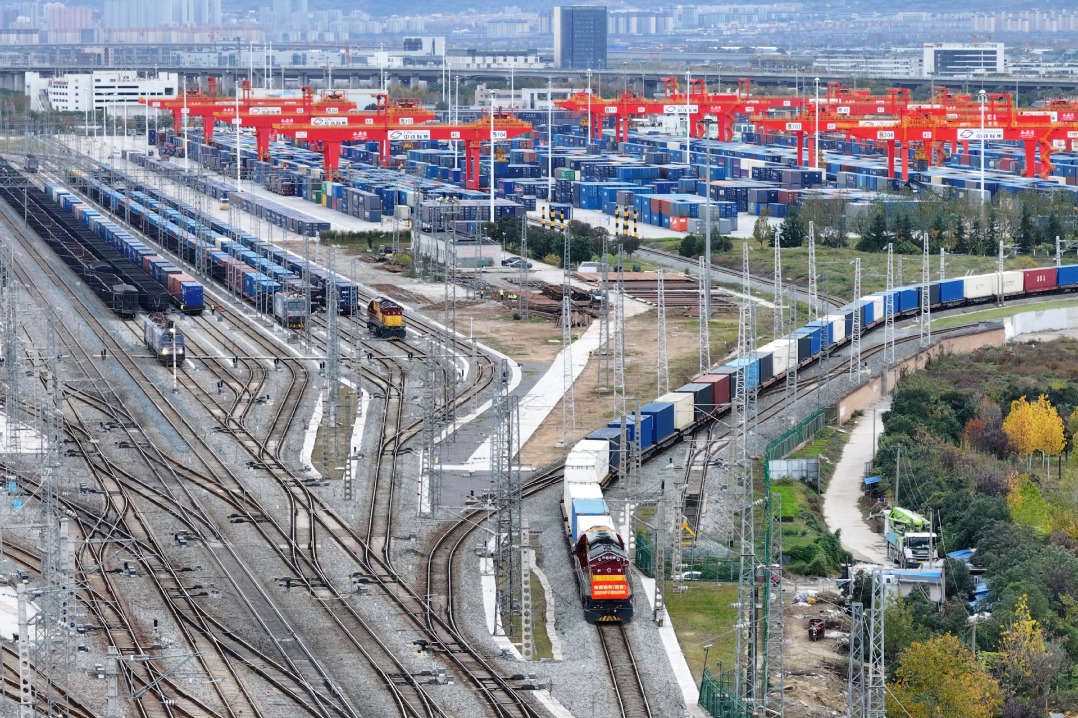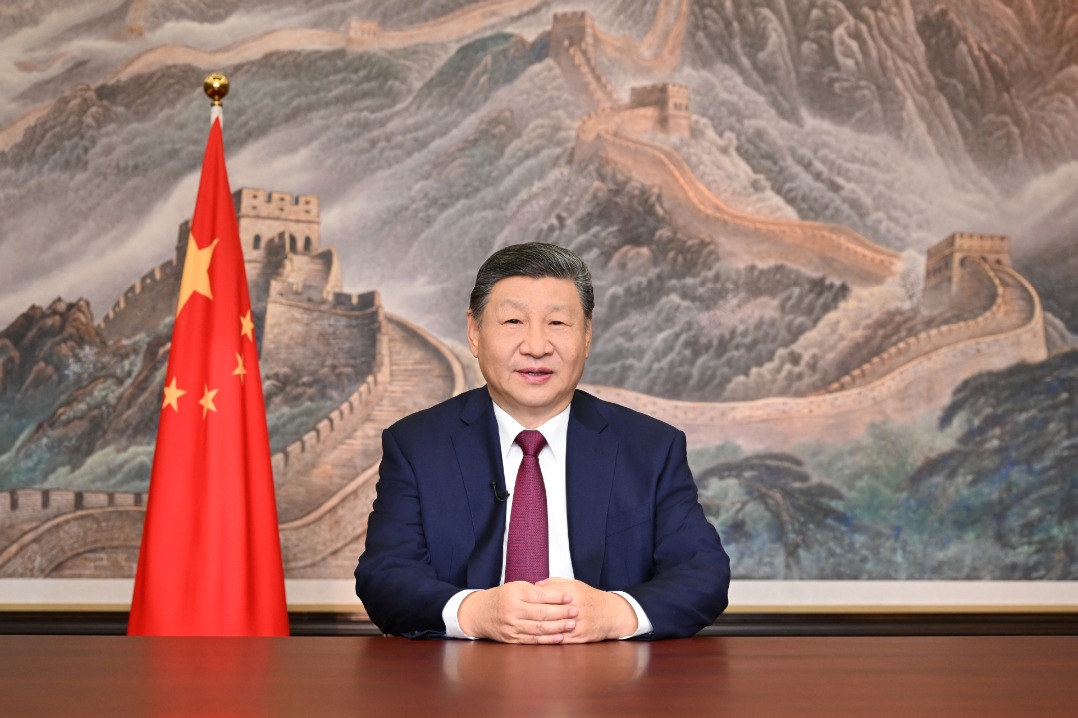Talent flows boost development

Chinese efforts help Africa reduce its long-term dependence on Western aid
Development is undoubtedly the most pressing issue facing Africa now. Though Africa is home to the largest number of developing countries in the world, its lack of technology and talent has constrained development.
China has, however, made concerted efforts to help sustainable development in Africa and to also help reduce the continent's long-term dependence on Western aid. Through human resources development cooperation programs with African countries, such as sending experts and youth volunteers to Africa, China has also helped African countries improve their "talent hematopoietic" capabilities.
Since the 1950s, China-Africa educational exchanges have mostly covered international students and visiting scholar exchanges. The Chinese government is considering changing this pattern to find new ways of cooperation.
During the Tokyo International Conference on African Development in 1993, representatives of African countries had suggested that donor countries change their way of assistance to Africa. They suggested that measures to increase foreign trade and attract foreign capital could be more effective than traditional intergovernmental cooperation.
Since 1994, China-African educational and technical exchanges have grown manifold, comprising high-level visits, exchange of students and visiting scholars, sending Chinese teachers to Africa, funding personnel training projects and setting up laboratories in African countries.
Delegations sent by the Ministry of Education from 1990 onwards have so far visited nearly 20 African countries. These exchanges have seen nearly 5,669 students from 43 African countries visiting China and over 100 students and 238 schoolteachers from China visiting some 30 African nations. To develop high-level personnel for African countries more effectively, China has also increased the flow of graduate students from Africa.
Seminars and training courses organized by the Chinese Ministry of Education are also an important measure of mutual benefit.
The first China-Africa economic seminar for government officials started on Aug 3, 1998 with 22 participants from 12 African countries. Its purpose was to enable students to understand China and to present their national situation so as to enhance understanding and long-term cooperation between China and Africa.
According to the proposal by the then Chinese president Jiang Zemin, China had volunteered to hold such seminars twice every year.
In 2002, China organized a ministerial-level seminar for economic officials, specifically for African nations. Twelve ministers or representatives attended the event.
China's Ministry of Finance, Ministry of Commerce, the National Development and Reform Commission and the General Administration of Customs introduced to the participant African nations China's experiences and lessons in reform and economic development.
The government also organized visits to large state-owned and private Chinese enterprises, along with sharing the nation's experiences in tackling challenges like poverty and the various steps taken to solve these issues.
By the end of last year, China had implemented 97 higher education and research projects in 37 African countries and opened over 59 laboratories on the various subjects that the African countries need most.
In the same year, commissioned by the Ministry of Education, 11 Chinese institutions organized 23 training courses and seminars, including the management of higher education, distance education, and vocational and technical education. Education officials from 41 African and Southeast Asian countries attended the program.
Since agriculture is still the key economic activity for many African countries, China has undertaken extensive practical and technical training in farming, aquaculture, fishing, weaving, embroidery and leather processing.
The government has set up 15 agricultural technology demonstration centers in Africa, and is planning another seven soon. China plans to complete five of these by the end of this year. In these centers, Chinese experts impart agricultural production and management experience and practical techniques to help African farmers accelerate their agricultural self-dependence.
In the next three years, China will focus on improving food production, processing, storage, transportation and sales ability in these centers. Apart from that, China is also planning to send 1,500 medical staff to provide free treatment for cataract patients in Africa, and set up 18,000 government-sponsored scholarships for African students.
These promises were announced by China during the Fifth Ministerial Conference of the Forum on China-Africa Cooperation, and it is clear that such aid will immensely benefit Africa. The African talents project involves the training of 30,000 personnel, covering economics, trade, foreign affairs, national defense, public administration, healthcare, agriculture, forestry, animal husbandry and fishery, education, radio and television, science and technology, culture, environmental protection and telecommunications.
Among them, education cooperation is attracting the most attention. Tianjin University of Technology and Education recently set up an Africa Research Center dedicated to African intermediate level professional and technical personnel. China has also sent 87 vocational teachers to Ethiopia. Zhejiang Normal University Education Research Center conducted a African higher education management seminar and seminar for university presidents from English-speaking African countries recently. The Northeast Normal University and Jilin University also undertook remote educational training for African education officials.
In fact, Africa's own desire for technical talent is far more urgent than the other continents of the world. Africa has a large number of young workers and vocational education can help increase their chance of employment, so that African demographic dividend can produce its utmost advantages. Thus social stability and economic growth will be maintained.
The author is a professor at Tianjin University of Technology and Education. The views do not necessarily reflect those of China Daily.
(China Daily Africa Weekly 05/31/2013 page9)
Today's Top News
- New Year's address inspiring for all
- Xi congratulates Science and Technology Daily on its 40th anniversary
- Xi congratulates Guy Parmelin on assuming Swiss presidency
- China Daily launches 'China Bound'
- Manufacturing rebounds in December
- PLA wraps up military drills around Taiwan






























